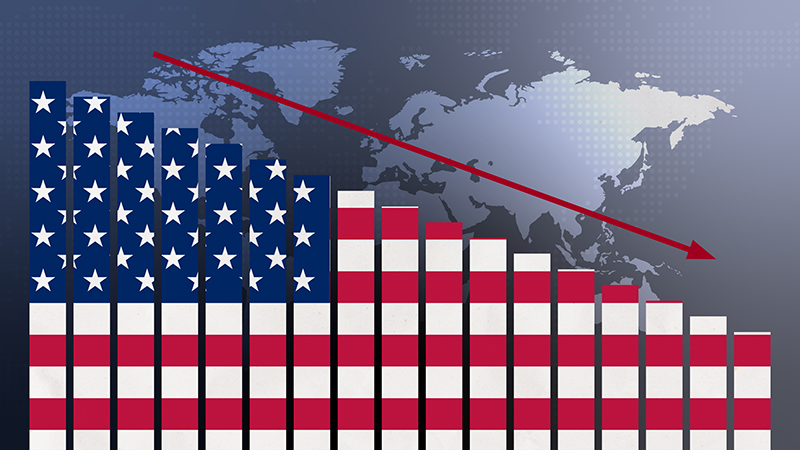The clash between Gresham House Asset Management (GHAM) and the board of its former trust continues, following a revelation the net asset value was overstated to the tune of £1.3m after failing to account for a tax liability arising from the sale of one of its top holdings.
The Gresham House Strategic (GHS) board said it had been advised the NAV had been incorrectly stated since 30 July 2021, the date a formal offer was made for UK specialist waste firm Augean.
GHS, which owned a 5.6% stake in the UK-listed business at the end of June, realised its holding, netting £18.8m from the sale.
However, the board is now claiming the transaction alongside “other recent profitable sales” have given rise to a tax liability that was not provided for in GHAM’s NAV calculations.
It said the net impact of the overstatement was approximately £1.3m or 2% of NAV as at 19 November 2021, the date of the last NAV released by GHS. Given the tax provision amounted to £1.6m, the board is claiming it overpaid GHAM in performance and management fees by £0.3m, which it intends to reclaim.
When it was sacked from the trust, GHAM claimed the investment company owed it £2.6m in performance fees.
GHAM responds
A spokesperson for GHAM told Portfolio Adviser it was not responsible for independent valuations or audits, which are carried out by third party providers.
“The NAV for GHS is calculated by the fund administrator IQEQ and then periodically audited by BDO, before being signed off by the board of GHS,” they said.
“Gresham House has supplied the appropriate information to IQEQ as it has done consistently during its role as investment manager.”
The board said the incorrect NAV calculations had resulted from failing to account for changes to the corporate capital loss restriction introduced last year.
“Whilst the company has significant brought forward capital losses, changes to the tax legislation which became effective on 1 April 2020 limit the use of capital losses against realised gains to £5m per year. Thereafter, 50% of realised gains are subject to corporation tax. The net effect is that realised gains over £5m per annum are currently taxed at 9.5% and not zero as was previously the case,” it said.
“Further, the board has been advised that if the entire GHS portfolio was liquidated today at current market prices which follows the announcement of the proposed takeover of Universe Group yesterday and which will, if concluded give rise to a gain of £3m, there would be an additional corporation tax liability of approximately £1.3m (approximately 2% of NAV).”
The alleged discrepancy was discovered by Harwood Capital, the manager brought on by the board to replace GHAM at the end of a strategic review.
Richard Staveley was set to reprise his role as the trust’s manager, months after leaving Gresham House, but GHAM shut down proceedings after it garnered enough support from shareholders to liquidate the trust instead.
See also: Gresham House slams ‘inadequate’ review that led to investment trust sacking











